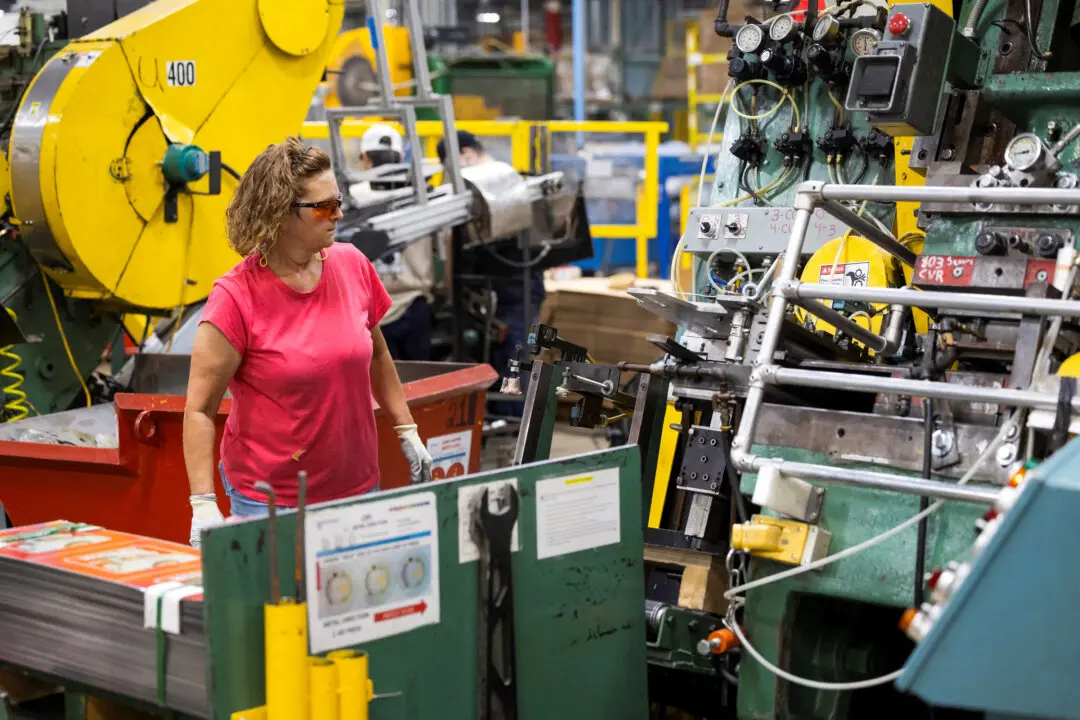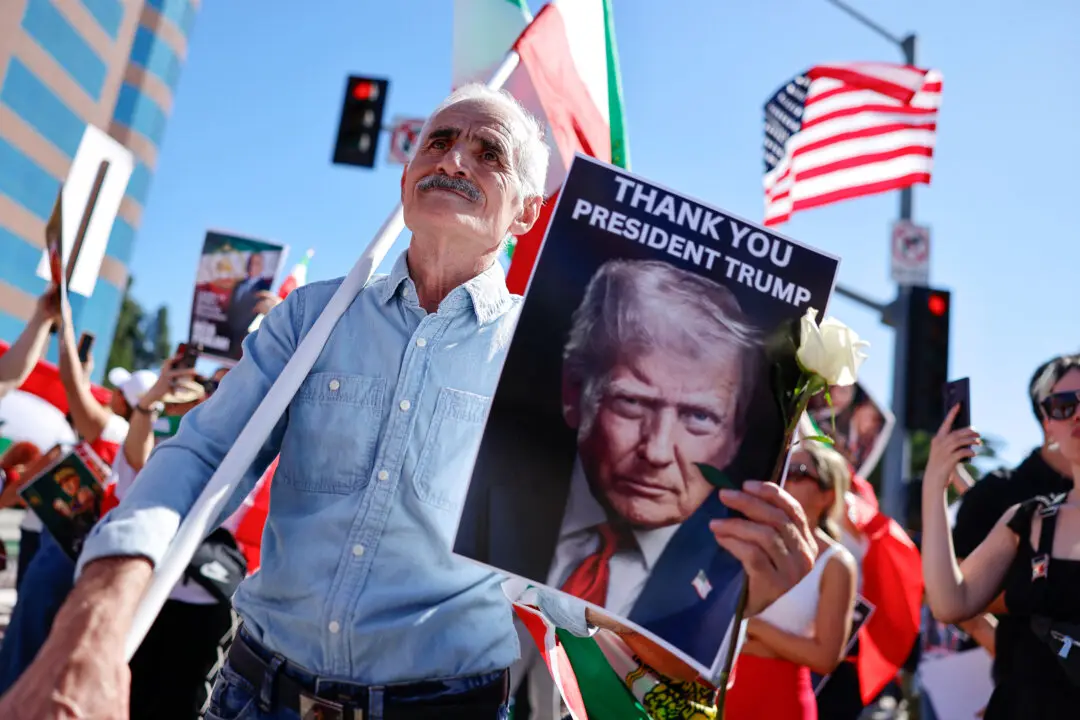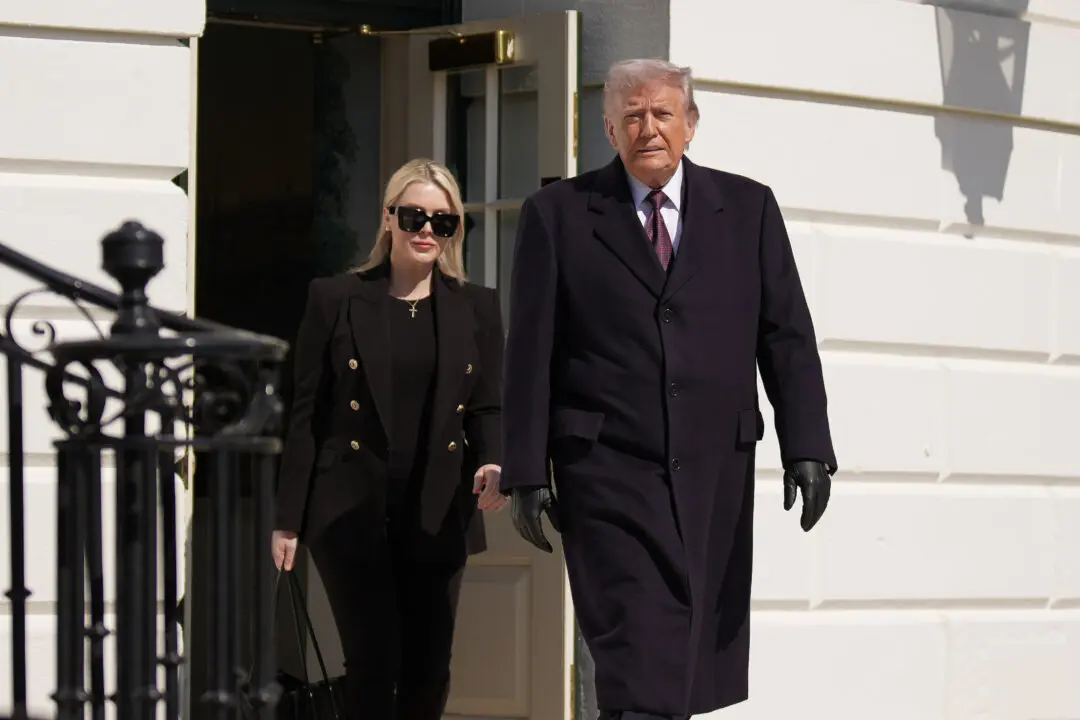Confidence is coming back to U.S. IPO markets. Strong market returns in recent months could encourage some companies to go public. Video messaging giant Snapchat may be one of them.
Snapchat is considering an initial public offering (IPO) this year or next, according to market rumors. However, the startup, which struggles to generate revenues, needs to present a compelling investment case to justify its valuation.
“IPO investors are very nervous about losing money so they are valuation sensitive,” said Kathleen Smith, founder and chairman of Renaissance Capital, an IPO advisory firm.
Snapchat reached a valuation of $18 billion during its last round of private funding in May, making the company one of the most valuable startups in the world. The company generated only $59 million in revenue last year.
This year its annual ad revenue is estimated to reach more than $360 million, according to eMarketer, a market research company. However, the company’s revenue generation is still weak compared to its whopping valuation, so defending its valuation could be a huge challenge for Snapchat if it aims to go public.
“[Public market] investors have to understand where this value comes from. … There is a lot of interest in Snapchat. Given the valuations that private investors have put on the company, there must be something there,” Smith said.
Snapchat is a popular messaging and social media application that lets users send pictures and videos to one another. The company was founded in 2011 by Evan Spiegel, Bobby Murphy, and Reggie Brown while they were students at Stanford University.
Snapchat’s service is entirely free to users but the app makes money from advertisements.
The application has become very popular among millennials, reaching 150 million daily users in June, thus surpassing Twitter. In terms of time spent by users, Snapchat became the second favorite app by iPhone users, just behind Facebook.
Although the user metrics are impressive, investors are worried about the company’s monetization problem, which may put pressure on its valuation going forward.
“The price that Facebook paid for WhatsApp I think just stunned everyone. That was an acquisition made by Facebook that still has not monetized its user base. Only a strategic buyer, not a public investor, would be willing to pay that kind of a price,” said Smith.
Facebook acquired WhatsApp for $19 billion in 2014. Snapchat turned down a $3 billion cash acquisition offer from Facebook the same year.
“This valuation creates challenges in mergers and acquisitions as well. The bigger the valuation, the harder it is to find an acquirer,” Smith said.






